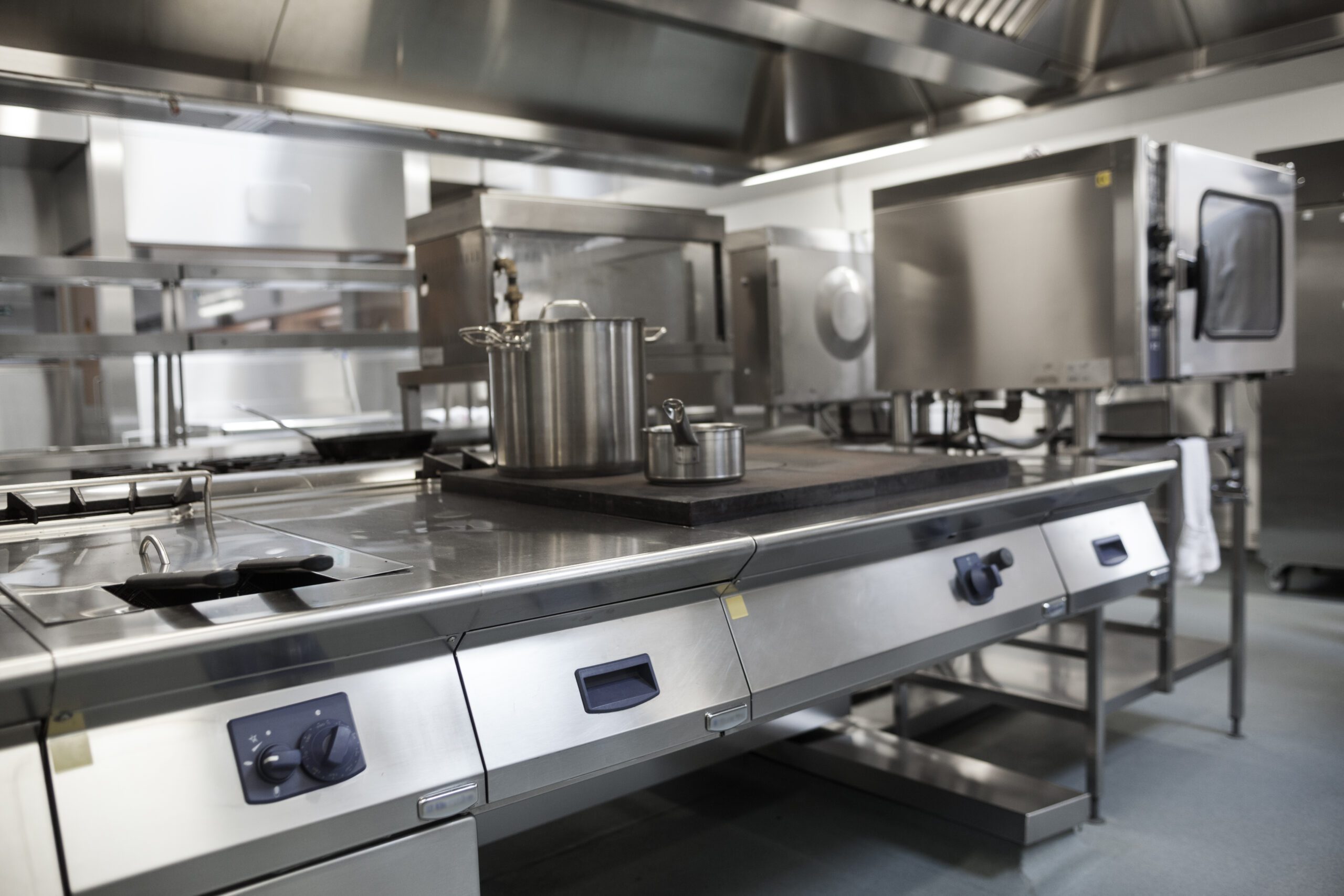Why Electric Kitchens Are Key to Sustainable Cooking
As cities aim to reduce fossil fuel use and greenhouse gas emissions, electric cooking is emerging as a key solution, with restaurant owners like Edwin Zoe leading the way. Zoe’s Boulder, Colorado restaurant, Zoe Ma Ma, showcases the benefits of induction cooktops, which offer speed, efficiency, and a cooler kitchen environment. Induction cooking heats cookware directly using electromagnetic fields, making it safer and easier to clean compared to traditional gas stoves.
Despite the broader restaurant industry’s reliance on natural gas — used by over 75% of U.S. restaurants — cities like Denver are pushing for electrification to address climate change and improve air quality. Denver has introduced pro-electrification building codes and is exploring rebate programs for restaurants transitioning to electric cooking equipment. Advocates argue that modern electric appliances, like induction cooktops and digital ovens, enhance precision, reduce energy waste, and improve staff comfort, potentially lowering costs over time.
However, some small restaurants worry about the upfront costs of equipment and electrical upgrades. For example, Jeremy and Darren Song, owners of a Denver poke restaurant, are exploring electric options but remain cautious due to financial concerns. Demonstrations of cutting-edge, all-electric kitchen appliances have piqued their interest, showing potential for automation and energy efficiency. While the Songs appreciate the environmental benefits, they are primarily drawn to the promise of better working conditions and consistent cooking results.
How Churches Can Embrace Electric Cooking
Churches hosting events or providing community meals can benefit from electric kitchen solutions:
- Efficiency: Induction cooktops save energy and heat food faster.
- Comfort: Electric equipment keeps kitchen spaces cooler, enhancing volunteer and staff comfort.
- Safety: Without open flames, electric appliances reduce fire risks.
- Sustainability: Transitioning to electric aligns with environmental stewardship principles.
Churches can explore grant programs or partner with local businesses to offset costs, making sustainable kitchen upgrades accessible for their ministries.
For more details, refer to the original article on CPR News.
editor's pick
News via Inbox
Stay ahead in the fast-evolving world of church technology with our Newsletter! By subscribing, you will gain access to a wealth of information and resources designed to keep you informed and empowered.







